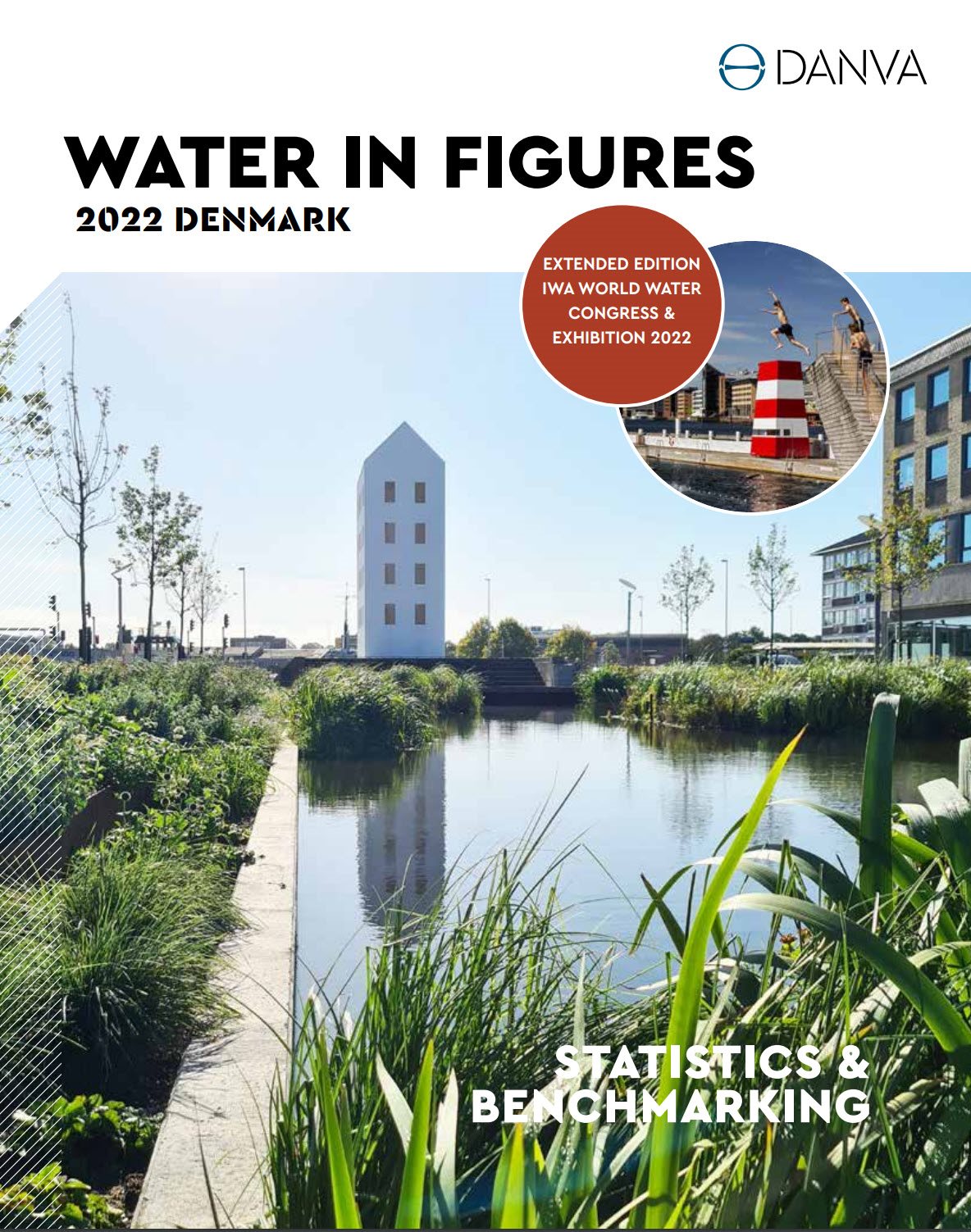
Regulation Of Water Companies
To create market conditions similar to those on the competitive markets and thus limit the companies’ monopolistic practices, the water sector is subject to financial regulation.
Lars FischerConsumers cannot choose which water company they would like to receive drinking water from or which wastewater company they would like to discharge their wastewater to.
Cost-Based Revenue Framework
To create market conditions similar to those on the competitive markets and thus limit the companies’ monopolistic practices, the water sector is subject to financial regulation.
Drinking water companies regulated by the following legislation:
- Danish Water Sector Reform Act
- Water Supply Act
- Regulation of Municipal and Private Water Supply
- Water Charge Act
- Ground Pollution Act
- Other Legislation
In order to ensure stable water prices and improve the overall productivity of the water sector, the Danish Water regulatory Authority lays down a cost-based revenue framework for all municipally owned water and wastewater companies as well as consumer-owned water companies that supply more than 800,000 m3 of water annually.
Annual Efficiency Requirements
The efficiency requirements consist of an index-based general efficiency requirement, which is supposed to reflect the expected overall productivity changes, and a benchmark-based individual efficiency requirement, which is supposed to reflect the acquisition of efficiency potential.
The efficiency requirements are formulated as annual reductions of the revenue framework, and water and wastewater companies must therefore reduce their costs correspondingly over time, because there will be less revenue available to cover the total costs every year.
Wastewater companies are regulated by the following legislation:
- Danish Water Sector Reform Act
- Act on Payment rules for Wastewater
- Consumer Complaint Act
- Act on Liability for Environmental Damage
- Wasterwater Charges Act
- Act on Water Planning
- Watercourses Act
- Other Legislation
Thus, the purpose of the efficiency requirements is to give companies an incentive to improve the efficiency of their existing operations, while investing efficiently.
Break-Even Principle
As a rule, the water sector is based on the so-called break-even principle. This means that a water company's expenditure and income must balance, measured over a number of years.




